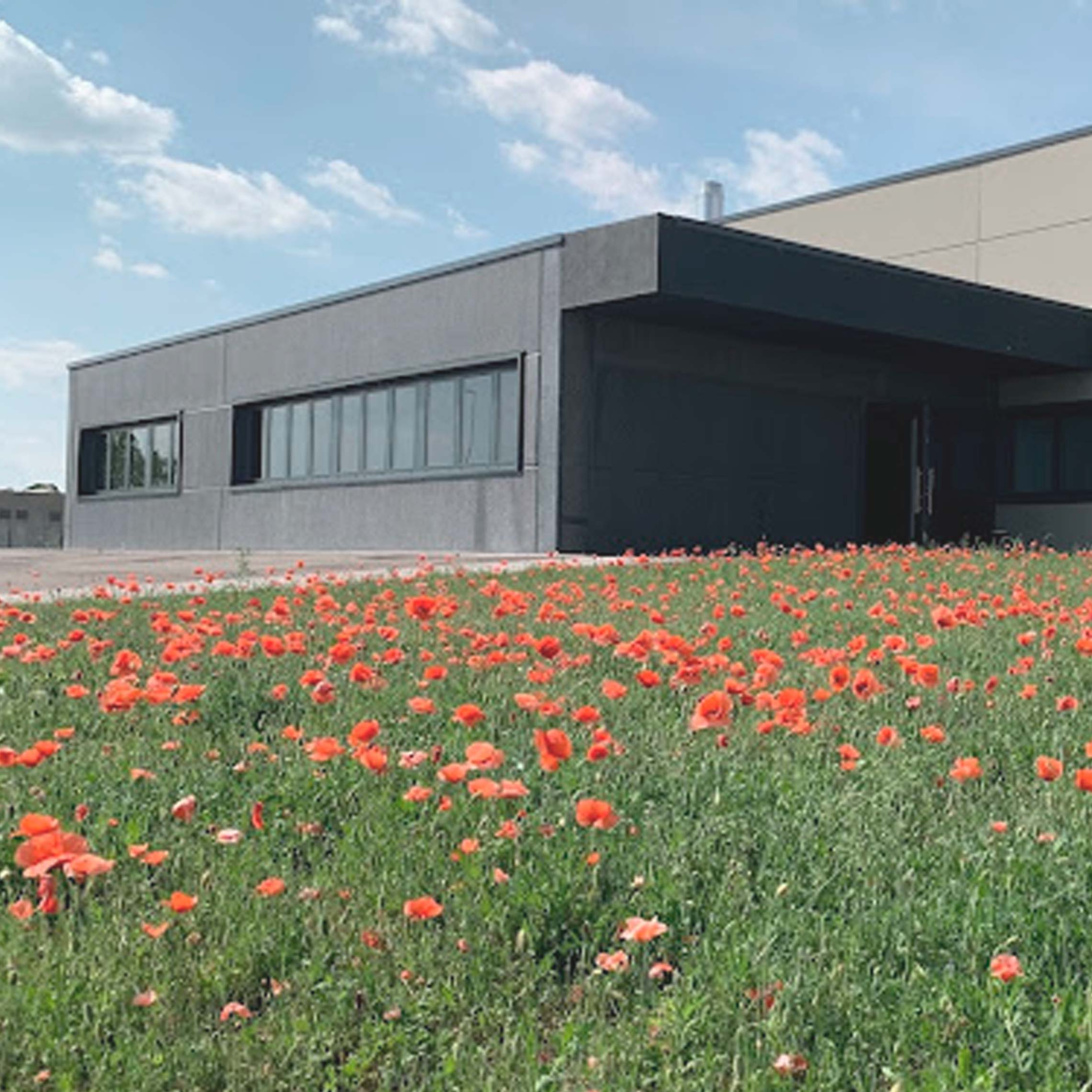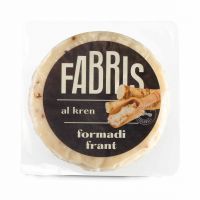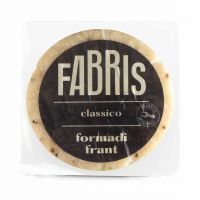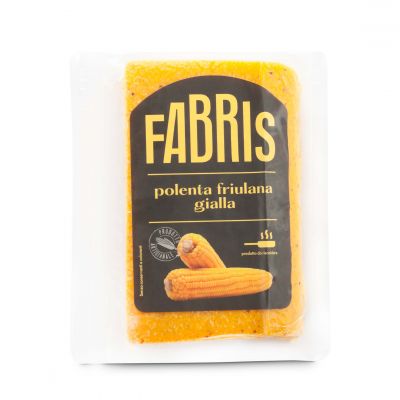
The product
Polenta Bianca
White friulian polenta by Fabris
Code:
30143
Country of origin:
Italy - Friuli Venezia Giulia
Weight:
800 g
Minimum order:
1 piece
| Description | White friulian polenta obtained from corn grown in the area that doesn't contain any preservatives |
|---|---|
| Appearance | The product appears rustic, due to the artisanal processing |
| Taste | Sweet, firm to the bite, with an intense corn flavour. This version is very delicate |
| Curiosity | The polenta is a traditional element of friulian cuisine and it identifies a whole region. The processing of white friulian polenta involves a long cooking in big cauldron, shock frozen and packed in loafs that can be stored in the refrigerator for more than 60 days |
| Our selection | Fabris places the enhancing of some local productions of the region in the center the, from their traditionality to the raw material. White friulian polenta is obtained from corn grown by farmers of the surrounding area in order to preserve a deep identity linked to the territory |
| Suggestions | Perfect if sliced and grilled, but also if quickly warmed in a pan with a little butter |
| Ingredients | Water, white corn flour and salt |
|---|---|
| Weight | 800 g |
| Packaging | Vacuum packed in a plastic bag |
| Storage Conditions (packaged products) | Refrigerate from 0 °C to +4 °C |
| Nutrition Declaration | Energy: 346 kJ / 82 kcal Fat: 0,8 g of which saturates: 0 g Carbohydrate: 17 g of which sugars: 0 g Protein: 1,6 g Salt: 1,3 g Typical value per 100 g |
The producer
Caseificio Fabris - Bertiolo (UD)

Why we chose them
Caseificio Fabris is a family business now run by brothers Claudio and Roberto Fabris.
It is based in Bertiolo, in the middle of Friuli, to the South of Udine, where the brand new factory is located. It is extremely well organised: the main
productions take place in two separate areas, on the one hand the dairy where the ricotta cheese is produced, and on the other an area dedicated
to gastronomic preparations, such as frico and polenta.
What unites these two different productions, and what we like about the two Fabris brothers, is their desire to emphasise some of the most
identifiable products of their region, Friuli Venezia Giulia. A choice that speaks of history and roots, with the ability to adapt traditional productions to
market demands. We were struck by Claudio and Roberto's ability to introduce process innovation in some productions so rooted in the Friuli
region,
obtaining a modern product but one that is still able to tell the story of the territory: 'Tradition is to guard the fire, not to worship the ashes', to quote
Gustav Mahler
From the same producer




